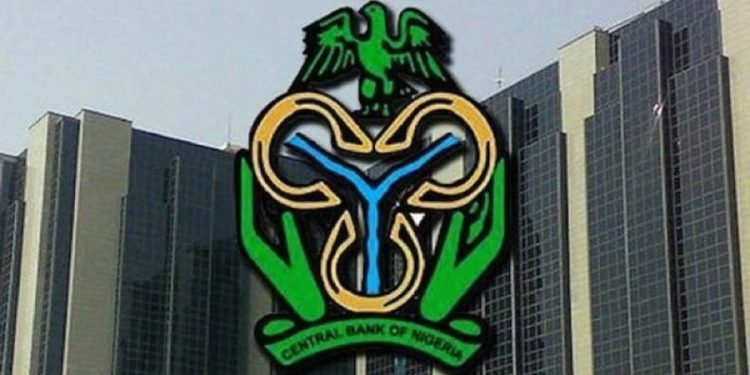T he Central Bank of Nigeria (CBN) recently lifted the Post No Debit (PND) that was placed on the accounts of 440 individual and corporate accounts holders of banks in the country. A letter dated July 25, 2023, signed by A.M. Barau on behalf of the CBN director of banking supervision, and issued to all banks in the country, directed that all PNDs on the 440 accounts be vacated.
“Post No Debit” is a term used to describe a restriction imposed by banks on specific accounts, preventing customers from making withdrawals, transfers, or any other debits from their accounts. This measure effectively freezes the funds in the account, rendering it inaccessible for the duration of the restriction.
Customers whose accounts are placed on PND, may be able to log in to their accounts online and check balance, but will not be able use the account to make purchases because of restrictions.Similarly, if the customer has multiple accounts (one in bank A, another in bank B) and has a Post No Debit or one account, all the accounts will be affected by the restrictions. While funds can be allowed into the account, any outstanding payment on the account will not go through, as it will bounce.
The rationale behind implementing “Post No Debit” can vary, and it is often introduced as a protective measure by banks and financial institutions in response to potential risks associated with the account or account holder. Common reasons for its implementation include suspected fraudulent activities, irregularities in transactions, account disputes, court orders, or concerns over the account’s solvency.
Placing an account on PND may or may not need a court order. In a situation where a customer suspects that an account has been compromised, he or she may place the account on PND to avoid fraudulent debits on such account. This does not request a court order and can easily be rectified by contacting the bank to lift the PND.
Similarly, an account can be placed on PND by a bank if unusual activity is noticed on such account or funds that exceed the Know your Customer (KYC) is paid into an account. For example an account with the lowest level of KYC will be placed on PND if a huge amount like N10 million is paid into such account.
Also, if an account whose balance has never exceeded N5,000 suddenly receives N2 million or the bank notices any other unusual activity, the account will be placed on PND. These can be rectified with the customer tendering the appropriate documents to the bank.
However, in a situation where an account is suspected to be used to finance terrorism or is being used for fraudulent purposes, it can be placed on PND by government agencies or law enforcement agencies.
Similarly, a creditor can obtain a court order to place the account of a debtor on PND and the Central Bank of Nigeira has established that it can by law place bank accounts which contravenes laws by involving in non permissible activity on PND.





